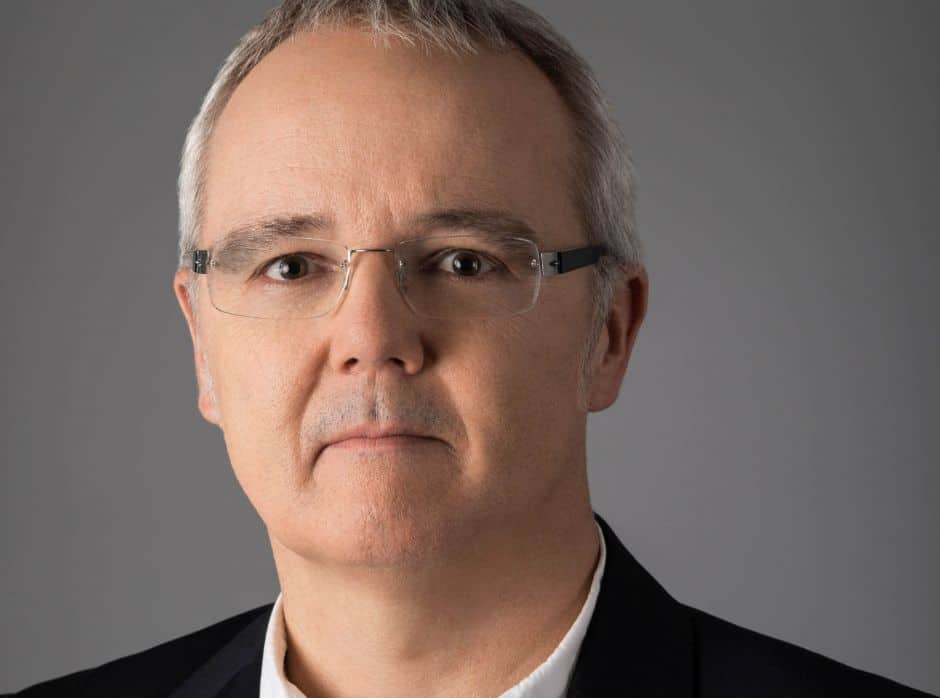Introduction
At a recent health conference for non-profits run by Media Impact Funders I was struck by the effort devoted to campaigns on what we eat and how much. One of the best-funded schemes was a documentary on obesity.
What’s really in our food?
When we focus on the impact of food there is perhaps an assumption that we know what we eat or at least that what we eat is effectively regulated. Not so, according to a lengthy investigation by Public Integrity led by Chris Young with Erin Quinn. It turns out that not only is the FDA unable to check what goes in to our food, it appears that some of the same characters – the very same scientists — who worked for the tobacco companies in advising on the dangers of smoking are now advising on what goes into our food. It’s a harrowing story which brings the plot of the film “Thank You For Smoking” to life. The prime story from Chis and Erin set out the case and was superbly amplified by a very clever piece of animated video conceived and executed by Jared Bennett and Eleanor Bell with Chris and Erin. It’s the sort of story telling we may do more. The influence of the “tobacco” guys on our food supply is morbidly fascinating too.
Partners on the piece to add to its dissemination included NPR.
Do no harm…oh really?
ICIJ colleagues Sasha Chavkin and Michael Hudson released the first fruits of a lengthy project on the World Bank and the displacement of an estimated 3.4 million people by World Bank projects around the globe. Months in the works, the project represented painstaking analysis across more than 1000 projects and 100 countries by the ICIJ and collaborators to create a file of evidence the World Bank couldn’t deny. In fact, far from denying it, the World Bank President Jim Yong Kim used our questions to him as a catalyst to announce an action plan to fix the “serious shortcomings” in the implementation of the bank’s resettlement policies.
“We took a hard look at ourselves on resettlement and what we found caused me deep concern,” Jim Yong Kim said.
The World Bank project was a great example of collaboration with the Huffington Post which hosted the project and brought some of its resources to the story-telling and of course opened up our work to a far larger audience. The interactive globe in the middle of the page gives you a sense of just how widespread the negative impact of some of these World Bank-supported projects has been: usually of course, because of local governments rather than the World Bank, but it’s clear that the bank’s commitment to “do no harm” isn’t quite working as it would wish.
Big oil, bad air – wins for Public Integrity
Jim Morris and his team on the Environment beat continue to excel in bringing a human face and powerful data to their stories. Their work on the largely unreported health and environmental impact of fracking in the Texas Eagle Ford Shale, has won the prestigious National Press Foundation Stokes Award. The NPF people rang me and described Jim as a “legend”. He worked on the project with Inside Climate News and the Weather Channel. As always, awards are a vital part of our impact in the industry and a great recognition of the Center’s work.
As a foreigner who is also conscious of the huge economic benefits of fracking in the US, I was struck by the impact and prescience of Jim’s work when I read this piece in the New Yorker on the huge increase of earthquakes in Oklahoma, definitively caused by fracking.
On the subject of What We’re Reading, here’s one from Center Executive Editor, Gordon Witkin:
John Grisham’s latest, Gray Mountain, which bears a stunning, almost eerie resemblance to the Center’s Pulitzer Prize-winning Breathless & Burdened project.
And a follow up on that story I got angry about last week: Susan Ferriss’s extraordinarily well researched piece on children being treated as adults and incarcerated or otherwise mistreated by police and pseudo-police. Turns out other people give a damn about it too and more than 90,000 people have signed a petition on the campaign site Change.org to support the boy at the center of the story.
Thanks for reading this far and I welcome any feedback.

Join the conversation
Show Comments